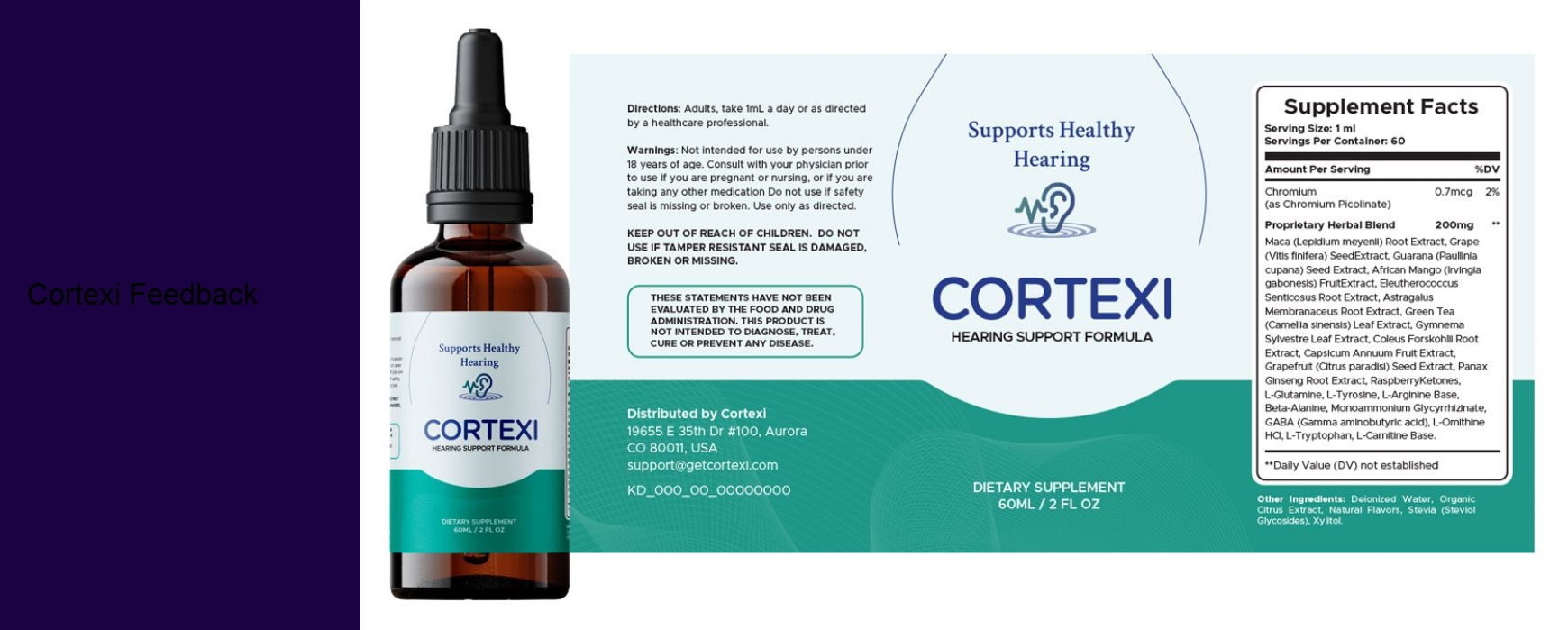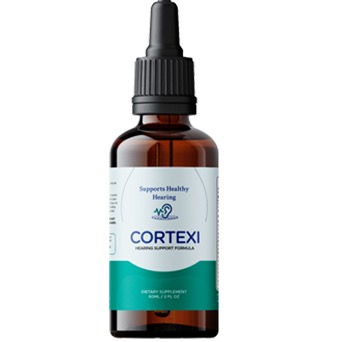Doctors can evaluate if tinnitus and hearing loss are related based on your responses. Each patient with the symptom of tinnitus deserves complete audiologic testing withpure-toneair, bone, andspeechdiscrimination scores. Presbyacusis (or age-related hearing loss) -Tinnitus may be accompanied by hearing loss for the elderly. There is no consensus as to which questionnaire is best to assess tinnitus loudness (or distress), quality of life (or treatment effect), and this can be done simply and simultaneously. These are all understandable effects that can occur when tinnitus has disrupted someone's life. You will indicate when the sound is audible, and your results can be compared with those that are considered normal for your ages. It affects both ears and causes loss of high-frequency sounds. Tinnitus is most easily noticed in quiet environments, and absent distracting stimuli. This includes pure-tone air, bone, speech discrimination scores, and bone tests. If there is an underlying cause, treating that cause may lead to improvements. Tinnitus, also known as ringing in your ears, can be caused many ways. With tinnitus, you hear sounds that aren't caused by an outside source . This condition is very common and affects millions in the United States. Tinnitus can either develop slowly or become severe and persistent very quickly.

